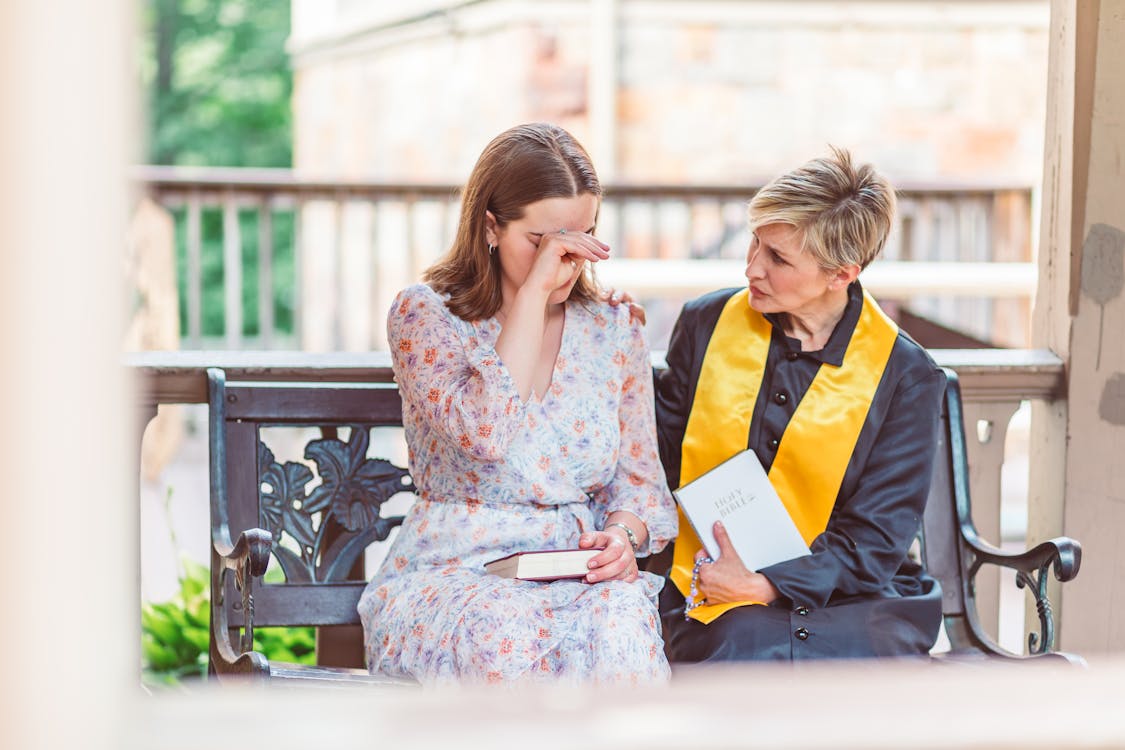We are delighted to share with you our library of resources. You can use the filter feature below to find topics most relevant to your curriculum.
Want to organise the resources you use most in one place? Register as a user to add content to your own Boards.
Women and the Church
How have women's roles in the Church changed over the years?
In Jesus’ day, the Romans occupied Israel. They treated women as inferior, so Jesus lived in a climate of hostility and prejudice against women. However, Jesus treated women well. His attitude, treatment, and teaching about women was therefore revolutionary for his time and won him enemies as well as friends.
 However, the Christian Church has not always followed Jesus' example. The writing of St. Paul in the New Testament has caused much controversy and debate. For example, Paul stated that women should not be heard in Church and the husband is head of the household.
However, the Christian Church has not always followed Jesus' example. The writing of St. Paul in the New Testament has caused much controversy and debate. For example, Paul stated that women should not be heard in Church and the husband is head of the household.
'I do not allow them to teach or to have authority over men; they must keep quiet.' 1 Timothy 2:12
Over the years, some unacceptable remarks have been made about women, by famous churchmen. In 584 AD. the Church Council of Macon, France debated 'Are women human?'
Many Christians at the time thought that women had no souls and were less holy than men. Other famous churchmen stated:
'Any woman who acts in such a way that she cannot give birth to as many children as she is capable of, makes herself guilty of that many murders.' St Augustine
'Women should remain at home, sit still, keep house and bear and bring up children… If a woman grows weary and at last dies from childbearing, it matters not. Let her die from bearing - she is there to do it.' Martin Luther
And today?
The rights of women in both Church and Society have improved in Britain over the past 150 years. Significant changes include:
- 1882: Married Women’s Property Act - women could now keep their own property - not having to sign it over to their husbands.
- 1892: Local Government Act - women could now vote in local elections and stand as councillors.
- 1918: Representation of People Act - women over 3l could vote and stand as M.P.s.
- 1928: Electoral Reform Act - women over 21 could vote and stand as members of parliament.
- 1970: Equal Pay Act - equal pay for equal work, regardless of sex.
- 1975: Sex Discrimination Act - it became illegal to discriminate on grounds of sex or marital status.
- 1994: the first women were ordained as Church of England priests.
- 2015: the first female bishop was appointed.
Today, within the Church, many denominations welcome female leaders. The Church of England, the Baptist church, the Independent church, and the Methodist church all permit female leaders. There has been a lot of debate around allowing women to become bishops, however, at the Church of England synod in February 2014, it was decided that they should be permitted.
In 2015, The Right Reverend Libby Lane, the eighth Bishop of Derby, became the first female bishop in Anglican history.
You can read more about denominational differences in attitudes toward women here.
